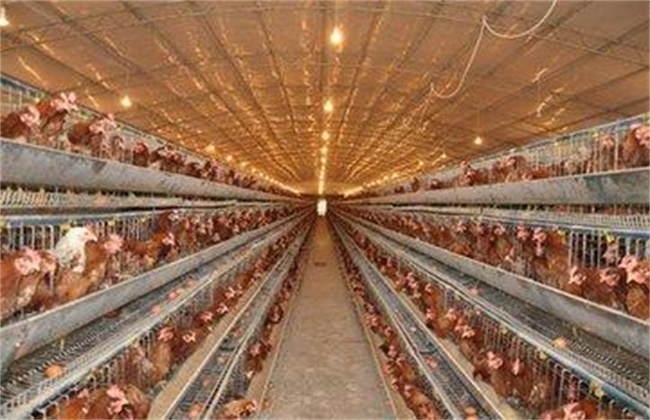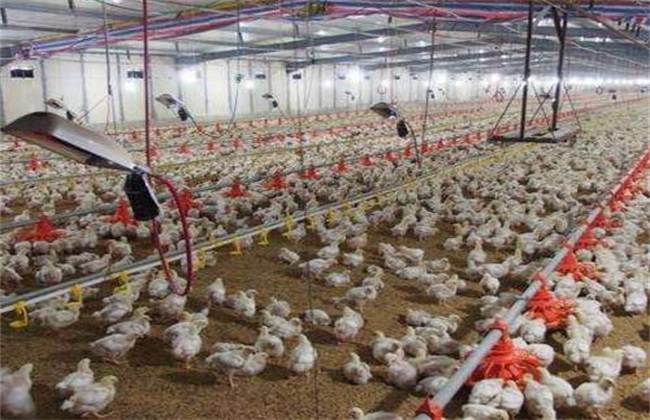Key points of prenatal management of laying hens
Chicks hatched in early spring begin to lay eggs continuously from September to October, and the prenatal management of new laying hens is directly related to the production of laying hens, so farmers should pay special attention to antenatal management of laying hens in order to increase egg production and increase profits. let's take a look at the key points of antenatal management of laying hens.

1. Timely and reasonable quasi-group
Herding is a turning point in the life of laying hens. Generally, laying hens at the age of 18-20 weeks can be transferred to disinfected egg-laying sites 2 weeks before the start of laying. So that laying hens can have a period of adaptation to familiarize themselves with the new environment and increase egg production, otherwise egg production will be delayed and egg production will be affected. Laying hens are sensitive to temperature, so we should pay attention to the change of temperature during the transition. It is recommended to switch to the group when the temperature difference is small, and strive to complete it in a short time. Two weeks before the transition, the chickens should be dewormed and immunized, and certain tranquilizers should be fed before the conversion, so as to keep the chickens quiet, the movement of the flock should be light and accurate, do not hurt the chicken body, and reduce the stimulation to the chicken as far as possible.
2. Adjust the ration reasonably.
Generally speaking, the protein content of breeding hens only needs to be 14%, while the dietary protein content of laying hens should be at least 16% Mur18%. Therefore, after the flock is transferred, the feed should be adjusted in time, and the feed of breeding hens should be adjusted to layer feed. at the same time, appropriate amounts of vitamins and minerals should be added to ensure the nutrients needed by laying hens. Overweight hens should appropriately reduce the amount of feeding and increase the amount of exercise, so as to avoid overweight hens and affect egg laying; on the contrary, hens who are too thin should promptly prescribe the right medicine after finding out the cause, so as to gain weight quickly and lay eggs as soon as possible.
3. Adjust the work reasonably
Feed nutrition is high, light time is short, will also make the chicken body fat, affecting egg production, so in the chicken herd after the change of diet, the light should also carry on the appropriate weight, should gradually extend the light time. Generally from the 18-week-old chicken, the light time will be extended to 12 hours, after 21 weeks old, the light time will be extended 0.5 hours per week, until 14-16 hours, should not exceed 17 hours. Too long light will disrupt the physiological function of laying hens, thus affecting egg production.
The above is an introduction to the key points of antenatal management of laying hens. I hope I can help you. If you want to know more about it, please follow us.
Related
- On the eggshell is a badge full of pride. British Poultry Egg Market and Consumer observation
- British study: 72% of Britons are willing to buy native eggs raised by insects
- Guidelines for friendly egg production revised the increase of space in chicken sheds can not be forced to change feathers and lay eggs.
- Risk of delay in customs clearance Australia suspends lobster exports to China
- Pig semen-the Vector of virus Transmission (4)
- Pig semen-the Vector of virus Transmission (3)
- Five common causes of difficult control of classical swine fever in clinic and their countermeasures
- Foot-and-mouth disease is the most effective way to prevent it!
- PED is the number one killer of piglets and has to be guarded against in autumn and winter.
- What is "yellow fat pig"? Have you ever heard the pig collector talk about "yellow fat pig"?



